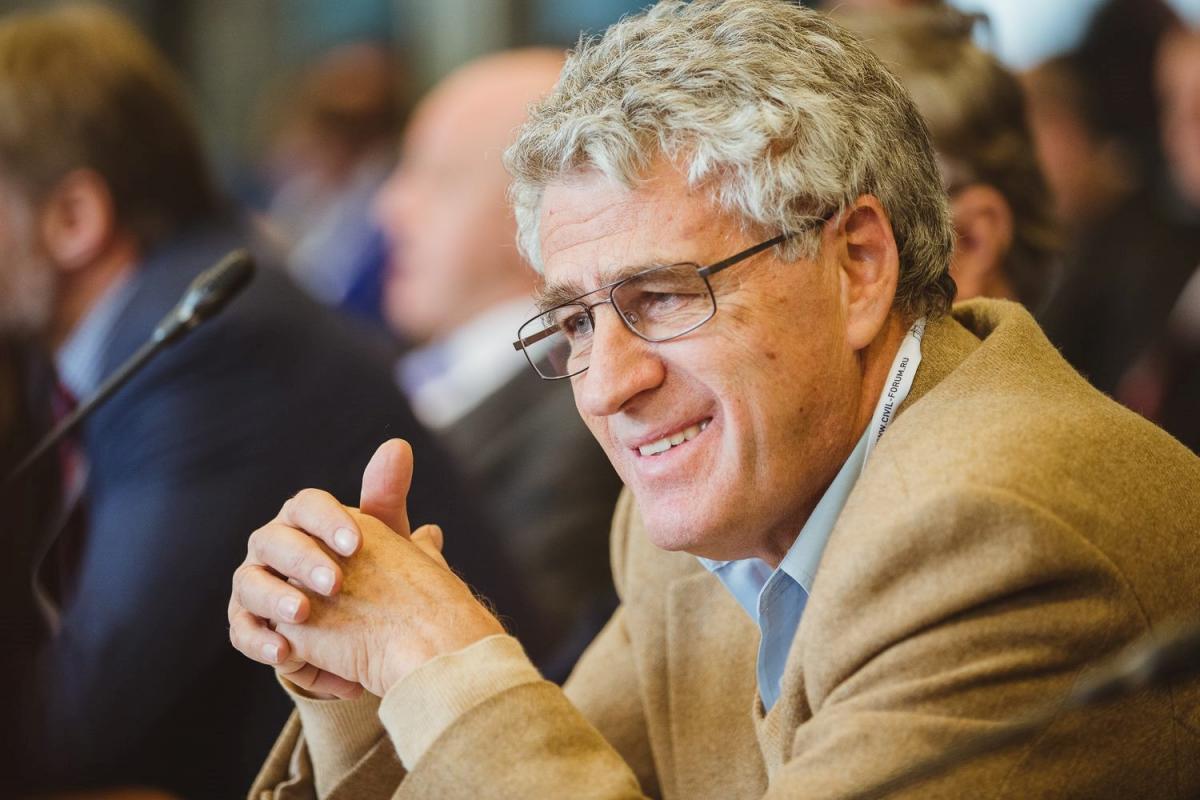
Russian opposition's Leonid Gozman: The Russian regime today is similar to that of Mussolini. We must make sure that, after Putin is replaced by someone else, this will not be Hitler
Exactly four years after Crimea's illegal annexation, Russia is holding yet another so-called presidential election. Artists diligently play their roles in a play called "election race", while the final is evident to all - the tsar retains his seat in the Kremlin for at least another six years. UNIAN spoke with a Russian opposition politician Leonid Gozman to hear his views on how this will all go down what is likely to follow.
UNIAN sat down with Leonid Gozman, the former co-chairman of the Pravoye Delo [Just Cause] Party and ex-member of the political council of the Union of Right Forces, to find out what the international community, Ukraine, and ordinary Russians should expect from Putin's next six years in power. Today, Leonid is a member of the public council of the Russian Jewish Congress and also one of the few public politicians left in Russia who keeps openly criticizing the Russian president for invading Ukraine and pursuing his aggressive foreign policy.
Next Sunday, Vladimir Putin will be once again re-elected. What is the key message of his new presidential term?
Putin announced his willingness to defend the country to the last man and the last drop of blood, despite the fact that no one really threatens the country in reality. Putin presents such an eerie, frightening picture of the world where we [Russia] are the source of light and good, justice and so on, while the rest are all enemies craving to destroy us. The saddest thing is that this is exactly the message that lies in the core of his popular support. Now he needs a high share of votes and high turnout. We should not rule out that after March 18 [the election date] he will try to change the Constitution in order to remain in power for life and become someone of the type of Iran's spiritual leader, the Ayatollah… In order to achieve his goal, he needs to see top results as a moral justification. Therefore, he tells the public about thing that he deems most important for the people - our missiles (existing or non-existing, but that's a separate matter) and the country's readiness to wage war. These are the ideologems on which the current president of the Russian Federation stands.
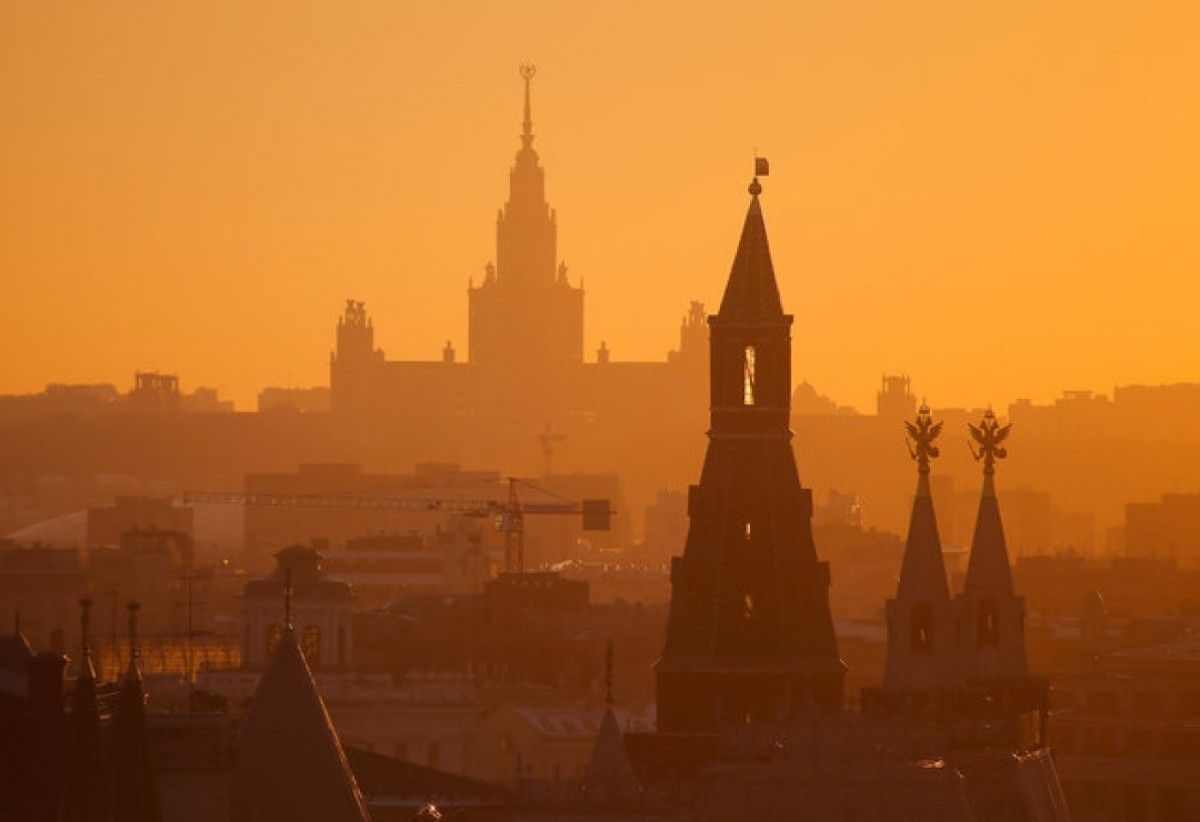
When Putin showed his animations with flying missiles, it was important to understand what he was appealing to. The Soviet Union appealed to fears that the bourgeoisie, German revanchists, American imperialists, or Israeli Zionists would unleash a world war, and bombs would fall on our land as it was in WW2. Today, our leaders do not appeal to fear. I don't hear from them any claims that the adversaries intend to wipe out Moscow, and things like that. Today they appeal to complacency. They boast being powerful. So it's not about "them" being a threat to us, it's about "them", bastards, not liking us. But we are strong, and we will knock them out, those "pindosy" [a derogatory term for Americans] and "Ukrops" [same for Ukrainians]. This is a feast of boorish and repugnant self-righteousness. In my opinion, this is a betrayal of the great Russian culture, the best that our country had. Aggressive pride is real boorishness.
Experts often talk about Putin's evolution, and after his castling with Medvedev in 2012, we heard messages about Putin 3.0. What was Putin like ahead of his third term and what should we expect from Putin 4.0?
The castling story is simple. In 2008, Putin's second presidential term expired, and he chose not to formally violate the Constitution, so he appointed a successor, who was Dmitry Medvedev, a man who had no serious weight among the elite, and he still has none. In this sense, we can say that he is a weak politician, although perhaps a very clever man, but his political weight is just too insignificant. So, from 2008 to 2012, when Putin was prime minister, the head of government was a more important person than the president. We even had such a joke: "If you have a serious question, you should address the president, but if it's a very serious one, than you might want to try to go to a prime minister." In 2012, they switched back, and then Putin offered the public nothing spectacular, similar to today's war. It was kind of like a natural thing: Putin is more important, and according to the law, he can do it, so why not?
But Putin did evolve. In his early days, perhaps, he already was an authoritarian ruler, but, nevertheless, oriented toward the West. It seems to me that in 2000-2001, he saw his mission in integrating Russia into Western structures, even speaking of the possibility of joining NATO. Putin was the first leader to reach out to George W. Bush in the wake of 9/11. Not only did he express his condolences, he also provided some intel on Afghanistan. He agreed to the U.S. deploying their military base in Kyrgyzstan. This did not further work out, for various reasons, including because of the mistakes the West made as they pursued policies far from thoughtful. Although one should rather look at oneself. Apparently, Putin expected gratitude for his actions and some special preferences, for example, to be deemed as equal among Western leaders. But it turned out that if someone considered admitting him to the club, there were certain club rules to be respected, which Putin did not want to do.
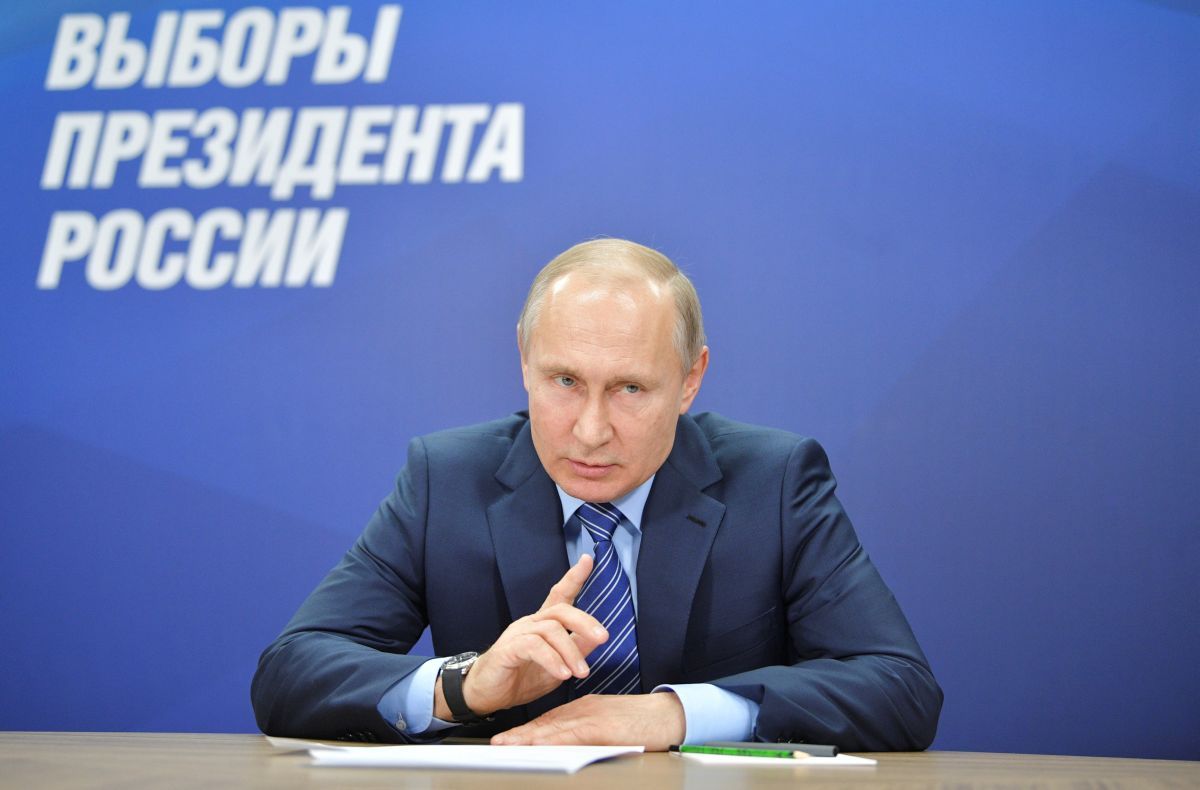
It seems to me that in his relations with the West, there is a lot of personal resentment. Foreign policy of any country is more authoritarian than the internal one. Negotiations with partners are held behind closed doors, and very often, even in developed democracies, the parliament is put before the fact of agreements already reached, for the deputies to only approve or disapprove them. The negotiations themselves are invisible to a public eye, so any country's leader, of course, affects foreign policy, but in an authoritarian country, their influence is huge. The whole country becomes a hostage or a reflection of its leader's personal qualities. See, people keep talking about Hitler's Germany, while no one talks about Merkel's Germany, although she has been in power for so long, being such a powerful leader... No one will later talk about Trump's America, despite the U.S. president's peculiarities. People talked about us as "Stalin's Soviet Union" the same way, unfortunately, as they are now talking about "Putin's Russia".
I'm afraid that the real goal of Putin's foreign policy is not the usual things - security, business promotion or raising the standards of living - but rather psychological, immaterial concepts: respect, love, recognition, and fear. Putin always says: "They don't listen to us, they don't respect us, they don't pay attention to us, but now they will hear us alright." It's like neighborhood teens trying to show off who's the toughest.
Today, the core of his policy and legitimacy is war. His legitimacy is not being disputed at the elections, and he doesn't want it to be. When he returned to power in 2012, he was told and advised to hold normal elections without any falsifications as he would certainly win anyway. Putin refused, and not because he was afraid to lose. Now he refused to admit [opposition's Alexei] Navalny to the election race despite the fact that the latter certainly wouldn't have won. I think he doesn't want to get legitimacy from the people. If these were fair elections, and he won them, then he would have legitimacy given to him by people. He doesn't want this. If people endowed him with power, they can take it away, as it happens in any normal country. That's what happened with [Viktor] Yushchenko in Ukraine, for example. Putin wants to be the leader appointed by God, and war is a very important and convenient thing in this context. He was able to mobilize the population and elite very well, and this is what his legitimacy stands on. That is why he can't change this policy. Once he changes it, he will lose the basis of his very existence, the base of his legitimacy.
In such a situation, what should the world expect once elections are over?
There's nothing good to expect. The general task of the West, Ukraine, and ours, too, is actually the same: to survive through all this without war. Without a big war… This means that the West must prepare for war. Si vis pacem, para bellum ("If you want peace, prepare for war"). The West must be strong enough to deter any brazen steps. The thing is that there is one red line for Vladimir Putin (if he doesn't resort to a nuclear war, of course), which is also important for Ukraine: Putin cannot allow a significant death toll. So far, the war in Ukraine, although "we are not there", and the war in Syria, where the troops are deployed officially but not everywhere (in some locations there are private military companies), continue without a large number of victims. I personally haven't met any families that have lost their sons in Donbas, although Russian citizens are being killed and injured there. Also, I haven't yet met a family who has lost their son or husband in Syria. During the Chechnya and Afghanistan wars, I met such people. Low and high death toll is not just numbers, it's how many of us have met such families. Say, if I know that last week some guy from my neighborhood was buried after he was killed in Afghanistan and that there was another burial of which my families' friends know, this means that there's a high death toll, this means our people are being killed. So far, I haven't seen this as regards Ukraine or Syria. Of course, that's also because of a peculiar social background of those who go to fight in Donbas. These are specific people. I don't mean, senior officers who are being deployed there – they fulfil orders. Therefore, the support that Putin enjoys over [wars in] Ukraine and Syria is largely based on the fact that this policy "sees no losses". People in Russia turn a blind eye to the fact that their fellow citizens shed blood there. And no one actually cares about Syrians or Ukrainians.
Putin cannot allow a large number of victims in Ukraine. Therefore, combat readiness of the Ukrainian army is a very important thing because then, he will not attack. The TNT equivalent of the Russian Armed Forces is larger than that of the Ukrainian army by scales. If we imagine a full-out war, I think – and I don't mean to offend anyone - Russia would win, although it would also lose a lot of its soldiers because Ukrainians will resist, while the Ukrainian army's capacities have increased. That's why Putin does not go for it.
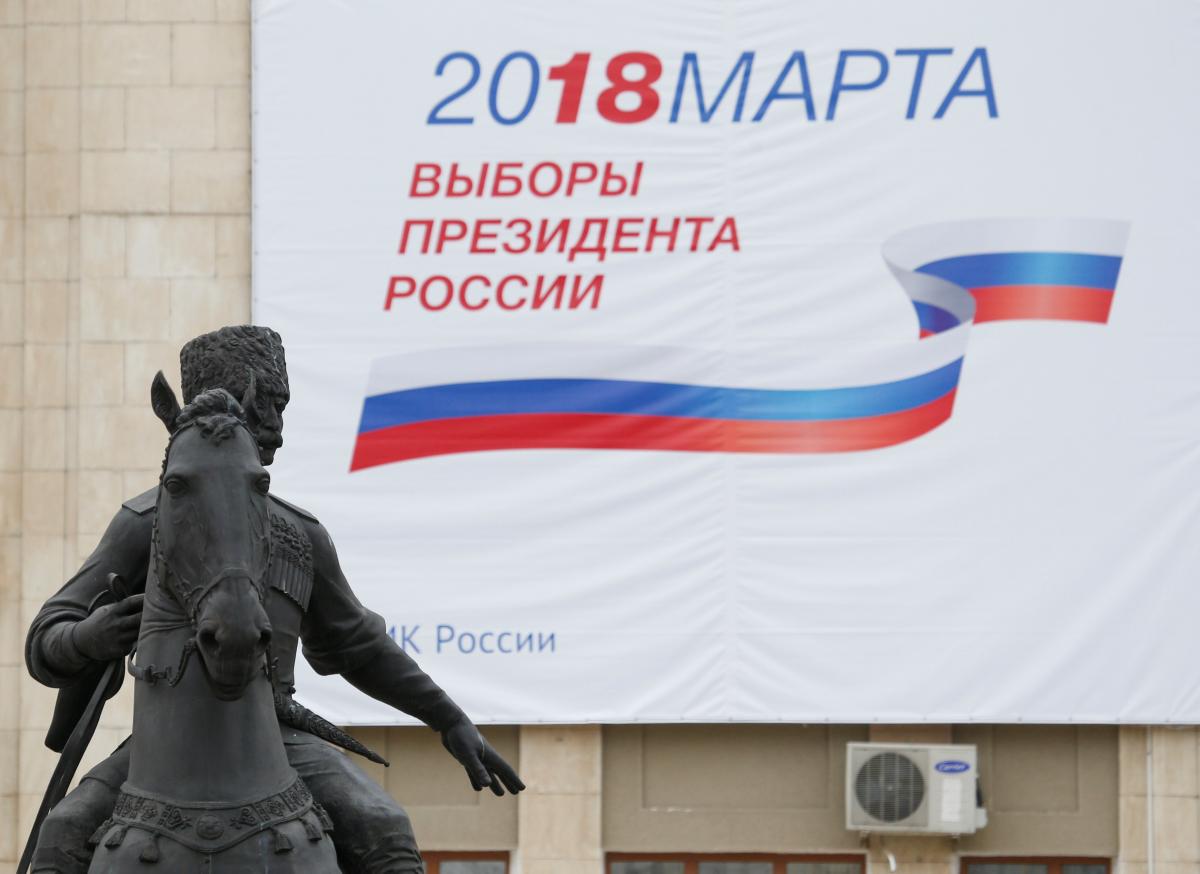
For the West, the primary task is to be ready to repel an attack if it suddenly happens. Putin earlier complained about vast territories we had lost. Of course, this sounds insane, but what if someone suddenly decides to return the Baltics? The argument that sounds in relation to many countries is about how much blood of Soviet soldiers was spilled – in this regard, all territories up to the Elbe are "ours" and , in part, Ukraine's. After all, the soldiers who perished [in WW2] were from all Soviet republics, and ethnic Ukrainians made a huge contribution to victory.
The second task, however unexpected it may sound, is the need to cooperate with the Russian Federation. Russia's isolation strengthens the hawks and aggressors within our leadership. Any contacts: intellectual, scientific, or cultural - erode this aggressive line. The more contacts, the better. I realize that, taking into account the policy pursued by our leadership, these contacts will inevitably be limited. It is clear that one cannot help [Russia] produce weapons. But I have a complex attitude toward sectoral sanctions, and I'm not sure that this is a good thing. At the same time, I endorse personal sanctions.
The third task is the moral support of those of us in the country who stand for freedom, human dignity, and Russia's European path. There are plenty of such people, and it would be wrong to perceive our country as a kind of scorched desert or a huge swamp. This is not true. Our points of view vary, and all people are different. In the Soviet era, moral support that the West provided to dissidents was extremely important. I think that this should continue.
There is also a task for us, the Russians. There's hardly anyone here who can help us out with this. We must keep our people. The policy of the Russian leadership is much smarter than that of the Soviet Union. They do not keep the boiler shut, thus preventing an explosion. They constantly open up the lid. If someone does not like something, they have an opportunity to leave: the world is open to them. As a result, people, like hot molecules, fly out of a boiling pot, and the water cools down.
The most active and strongest ones leave for the U.S., Germany, Israel, and Ukraine. It is important that all of them don't flee eventually. This will end one day. In the worst case, Putin changes the Constitution, becomes a spiritual leader indefinitely, but he will not stick around forever. We are all mortal, and so is he. This regime will end, and we should be ready for it, not to allow someone else to come to power who will be worse than Putin. Our Russian regime today is similar that of Mussolini, and no one guarantees that it will not look like Hitler's Germany. We must make sure that, after Putin is replaced by someone else, this will not be Hitler.
What do the Russian expect from Putin's fourth term? Will repression worsen?
I think that there will be no mass repression. There is no state machine to make it happen and the system doesn't need that. Targeted repression will intensify, while general ideological control will strengthen. When I look at my publications from two or three years ago, I understand that there was a completely different country back then; it turns out that there were on a streak. But we were not aware of this back then.
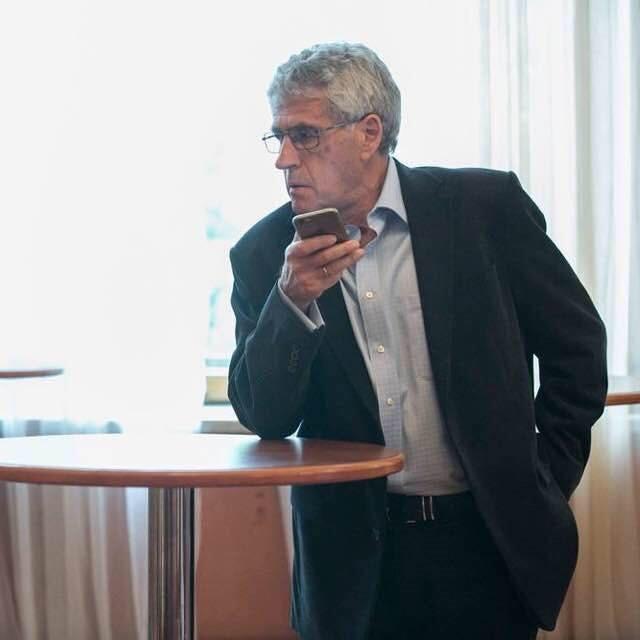
In 2012, mass protests were held in Moscow and across Russia. Why is everything so quiet now?
Mass protests took place after election fraud, not before. Our elections have not yet been held.
It all began after the elections to the State Duma in 2011, and people with white ribbons on their shoulders took to the streets. We can recall the rally on Bolotnaya ahead of Putin's inauguration May 7, 2012...
Then there was the feeling that the ice was getting thinner... One of the slogans really popular those days was: "Rascals and thieves, you've got 5 minutes to pack your stuff." It seemed that a bit more pressure will make everything collapse. When there is such a feeling, there is enthusiasm and a desire to participate. Now there's a sense of hopelessness, but no one knows what will happen after March 18. The only thing we know about revolution is that we never know when it's going down.
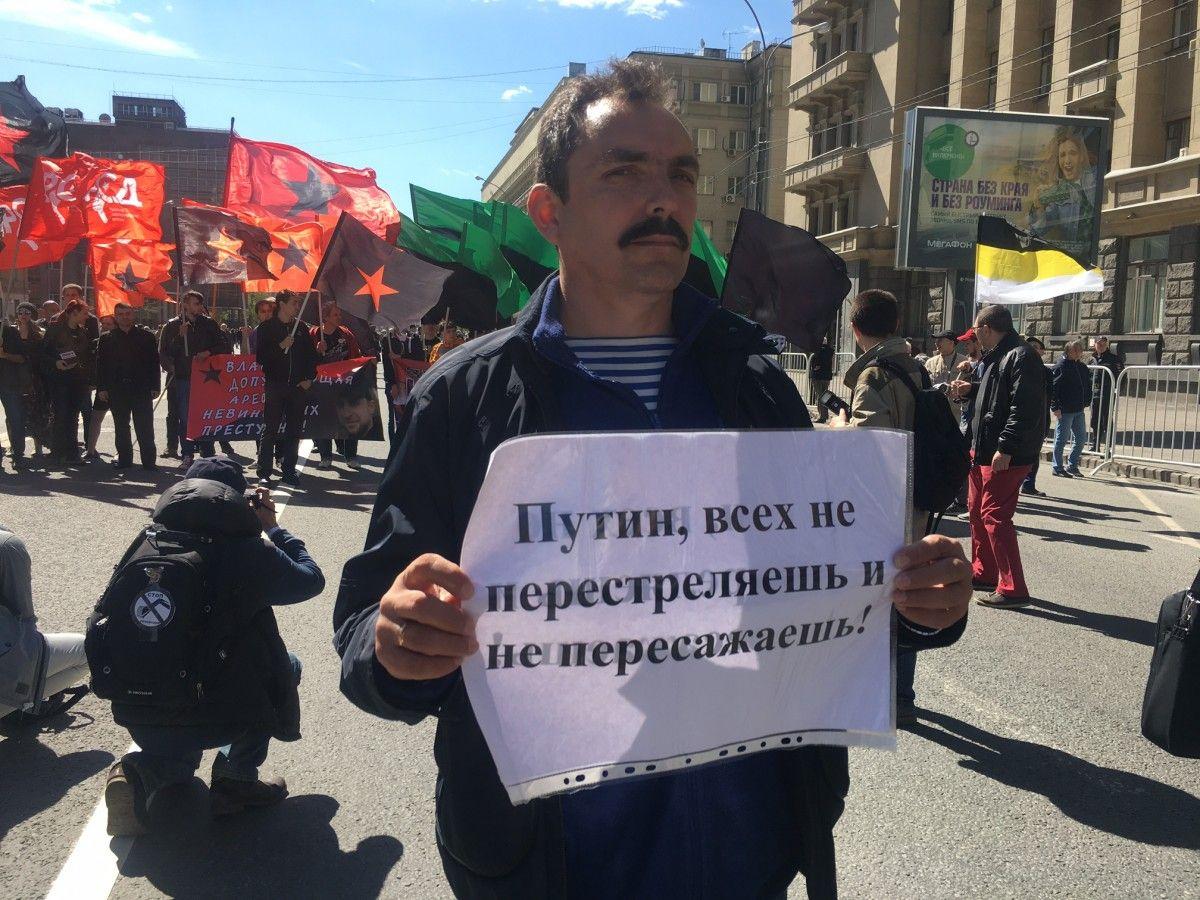
Are voting falsifications needed for a convincing victory of the main candidate, or will everything go smooth?
It will go smooth, but election fraud is still needed. I think they need better results than the actual ones – both in respect of turnout and support for the main candidate. I think that there will be relatively few of them in Moscow, St. Petersburg, and Yekaterinburg. Over the years, a control system has been developed in big cities, to avoid scandals. Recently, a Russian polling agency reported on the fall of the president's rating in big cities. That polling agency, VTsIOM, is the one feeding the Kremlin information more favorable than, for example, the Levada Center. So, the fact about the rating drop in big cities became public. Perhaps this is indeed a decline in the level of Putin's support, or perhaps a preparation for the fact that in big cities, they will be fewer falsifications and that they are prepared for a worse outcome there.
Roman Tsymbaliuk, Moscow

